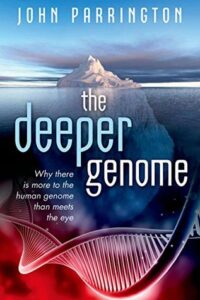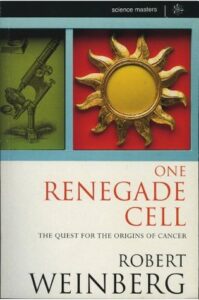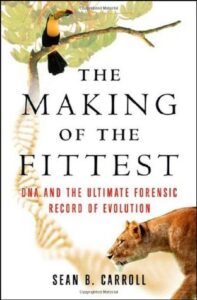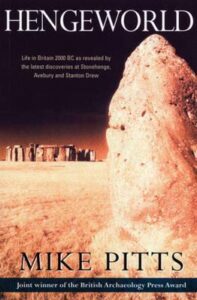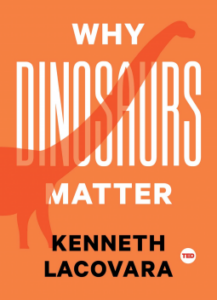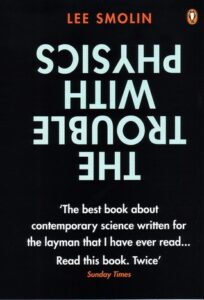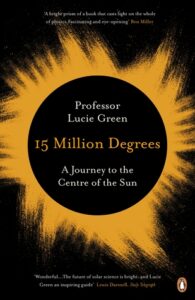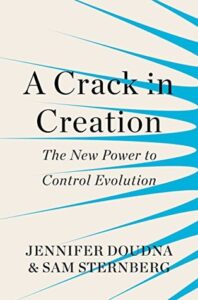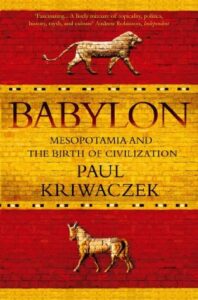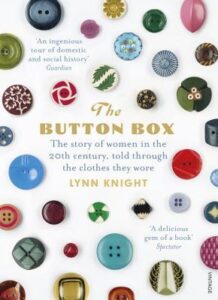 The Button Box, Lynn Knight
The Button Box, Lynn Knight
The subtitle kind of sums this book up: “The story of women in the 20th century, told through the clothes they wore”. It covers the wars, the periods when women went to work and when they were turned back out of the work force, suffragettes and suffragists, the New Look… It’s not my usual area of interest, but Lynn Knight makes this about more than fashion — it’s about how fashion highlighted the preoccupations of women and what it said about their status and expectations.
I found it really restful and, yes, interesting — I love the concept of rummaging through a family button box to look at past garments and fashions. It makes me wish I’d dug through some of my grandmother’s stuff sometimes. I think even my mother has some odd buttons and so on lying around; in a way, ready-made clothes being such a thing has cut my generation (and somewhat the previous generation) off from the continuity with family we used to have through rag bags and button boxes. That’s not all a bad thing, but I loved the anecdotes from Knight about playing shop with the buttons for payment, the buttons that reminded her of home made clothes…
If you’re a fan of the BBC’s Great British Sewing Bee, you’ll probably love this. If you’re a fan of microhistory, again, it’s probably up your street. And if you need something restful to remind you of a childhood playing with buttons and doll houses, well, it might also be for you.

